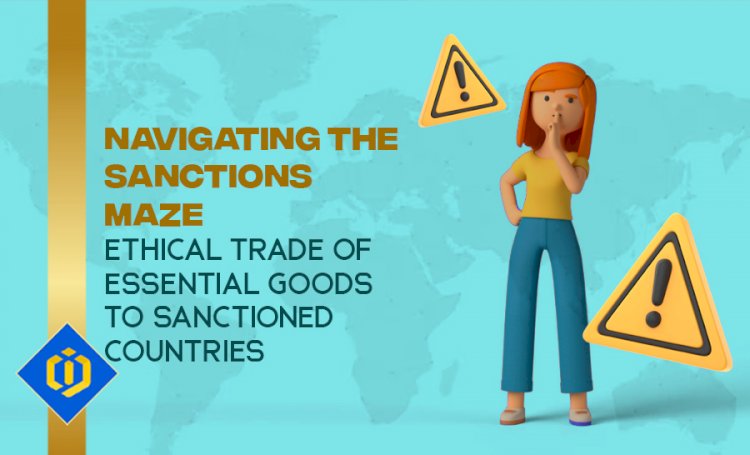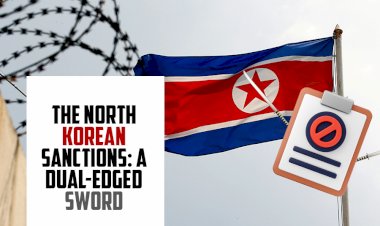Ensuring Access to Essential Goods: Ethical Considerations in Trade with Sanctioned Nations

In the complex realm of international sanctions, one significant concern revolves around the unintended hindrance encountered when facilitating the flow of humanitarian goods. While sanctions explicitly exempt vital items such as food and medicine, the practical aspects of their implementation, particularly banking restrictions, have frequently disrupted the accessibility of these critical supplies. Nevertheless, by demonstrating due diligence, following transparent procedures, and adhering to international norms, it is feasible to enable the ethical trade of essential goods while remaining compliant with sanctions.
-
Comprehending the Sanction Framework:
Prior to engaging in any trade, it is vital to possess a comprehensive understanding of the specific sanctions imposed on a particular country. This comprehension encompasses awareness of the targeted entities and sectors, as well as any exceptional provisions or licenses available for humanitarian goods. -
Guidance from OFAC:
The Office of Foreign Assets Control (OFAC), which operates under the U.S. Department of the Treasury, offers licenses and guidance concerning transactions involving sanctioned countries that serve a humanitarian purpose. Ensuring compliance involves regularly consulting OFAC updates and obtaining the necessary permissions. -
Collaboration with Transparent Financial Institutions:
Working alongside financial institutions that possess a profound understanding of sanction intricacies and exhibit a commitment to facilitating humanitarian trade is essential. These institutions should have robust compliance mechanisms in place and be willing to process transactions after conducting thorough due diligence. -
Thorough Documentation:
To eliminate ambiguities and ensure seamless transactions, meticulous documentation maintenance is crucial. This involves specifying details regarding the goods, including their origin, intended use, and confirmation that they are genuinely intended for humanitarian purposes. -
Engagement with International Organizations:
Establishing partnerships with international organizations such as the United Nations or the Red Cross can bolster the credibility of the humanitarian nature of the trade. These organizations often possess mechanisms designed to ensure that aid reaches its intended beneficiaries. -
Regular Auditing and Oversight:
Conducting routine audits of the trade processes serves to maintain trust and ensure ongoing compliance. Such audits help identify potential issues, enabling prompt rectification. -
Open Channels of Communication:
Sustaining open lines of communication with all stakeholders, including sanctioning bodies, proves instrumental in addressing concerns proactively. Transparent and effective communication ensures that the humanitarian objectives remain transparent and comprehensible to all involved parties.
In Conclusion:
Engaging in the trade of essential goods with sanctioned countries represents a challenging yet indispensable task. While acknowledging the undeniable maze of regulations and potential pitfalls, it is possible to navigate this complex terrain by demonstrating diligence, transparency, and an unwavering commitment to humanitarian principles. Such endeavors not only uphold the spirit of humanitarianism but also exemplify the potential for ethics and compliance to harmoniously coexist within the demanding realm of international trade.
Author: Pooyan Ghamari, Swiss Economist & Visionary

 content-team
content-team 






















